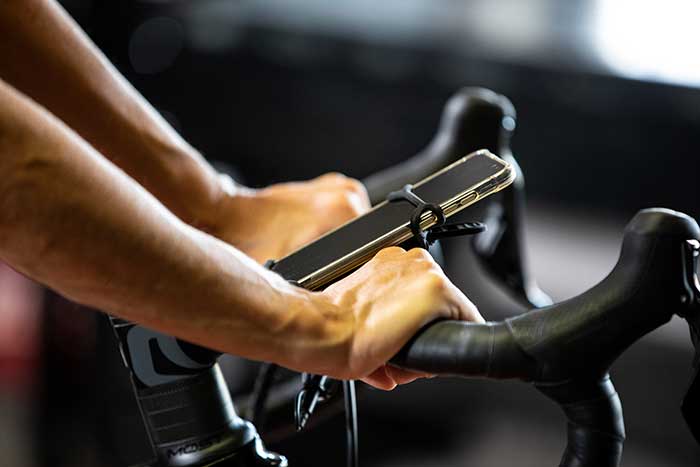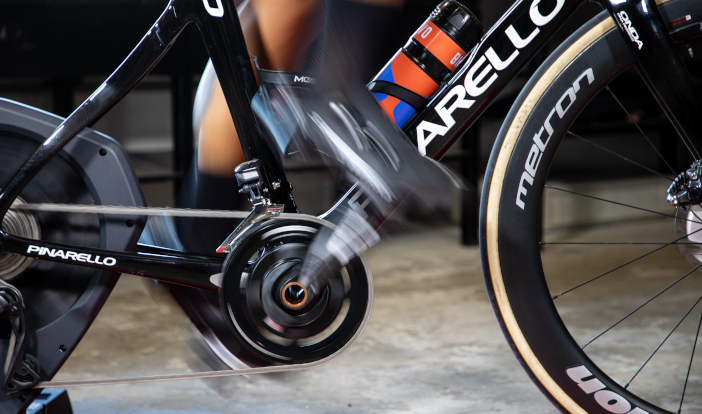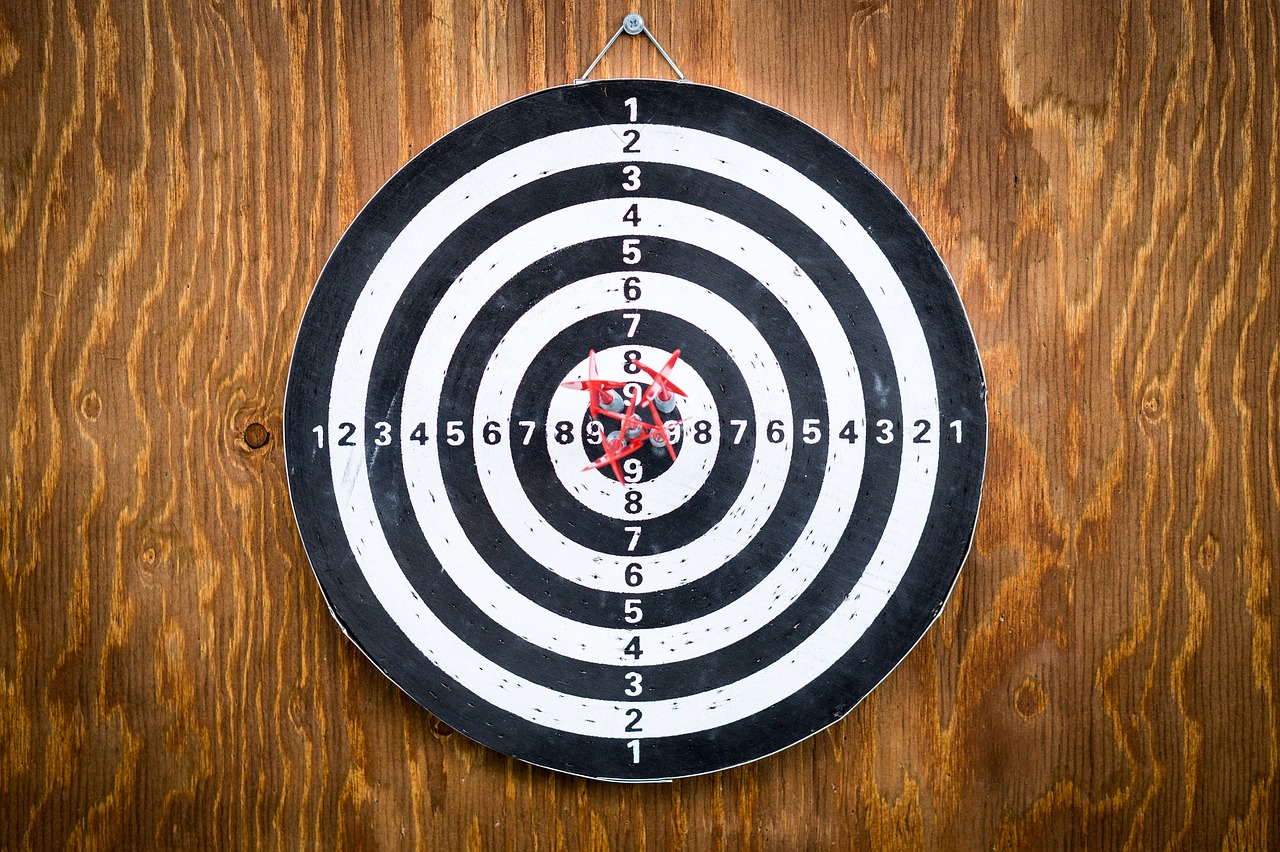Hello my dear friends from Bikevo! My first article for this blog is related to a question I had when watching the great professional cyclists during the classic Monument races these last weeks….
Hello my dear friends from Bikevo! My first article for this blog is related to a question I had when watching the great professional cyclists during the classic Monument races these last weeks….
I imagine that many of you spend these Spring weekends training and then returning home to, after a quick lunch, turn on the TV to follow the races that make cycling history and why not, identify with your heroes.
Personally, in line with my character, I would love to learn more about what goes on behind the scenes, the work that allows somebody to be in the desired conditions at the right time... Oh yes, because even the professionals have clear objectives which cascade into several things to do or not to do to improve their weaknesses or put into practices their strengths.
Important events are prepared way ahead of time. From planning on paper, to the general preparation to the final touches.
Have you ever wondered what the professionals do when they organize their racing calendar and put a “red flag” on certain races / objectives?
Well, nothing different from what you would do if you would want to improve. But clearly they do it in a more methodical and professional way, they are called professionals for a reason!
Let me tell you about my experience as an athlete, when I know nothing about psychology and I was still young (junior and under 23) with a lot of determination and mental fortitude. At the beginning of the season I would write down a list of my objectives for that season (divided in cyclo-cross and mtb). I would pin this document to the wall in front of my desk where I spent many hours studying. This way, every time I would be distracted, I would look at the wall and see these objectives, black on white (as true reminders). And when I would reach one these goals, I would put a nice V aside it, to say: this one is mine!
Even if not perfect, especially on a formal level this was real proto "goal setting".
But why is it so important to set goals?
Formulating goals, or goal setting, represents a fundamental moment in any program, not matter the context.
An objective is a specific standard to be reached in a task, considering that they are usually also limited in time.
The objective allows you to set precise benchmarks to measure yourself and carry out an activity in a specific way so that you gain mastery of the necessary skills. The positive effects of goal setting involve several aspects intrinsically related to the achievement of maximum performance such as attention and action in carrying out important aspects of the task, the activation and modulation of adequate commitments, concentrating on the task at hand but also keeping an eye on consistency along the way.
Defining objectives can prevent exhausting the physical and mental forces. To avoid this, it is necessary to apply a certain methodology and preciseness in planning the season and in choosing the objectives you want to reach and share with your staff. Each objective can be thought of as the peak of a hypothetical climb and the season can be graphically seen as the altitude line of a mountain stage of the Tour of Italy in which each objective is a GPM. Once the goals are clear it will be much simpler to focus solely and exclusively on these objectives and consequently on the athletic / mental / technical / tactical work which must be done to ensure you are at your maximum potential on the chosen dates. This schedule gives the athlete a chance to live calmly and quietly through every stage of his or her preparation and allows maximum control of the situation. The athletes can adapt the intensity of activation and energy to where they are in the season, lowering these during periods far from the targets or during the recovery phases, and increase intensity as the target date is approaching.
Seneca said: “If one does not know to which port one is sailing, no wind is favorable”. If you do not have objectives you will not know what you need to do to achieve them, and as such you are lost.
Ok you guys, see you soon!
EB
#findyourbalance

Elisabetta Borgia
You might also be interested in



